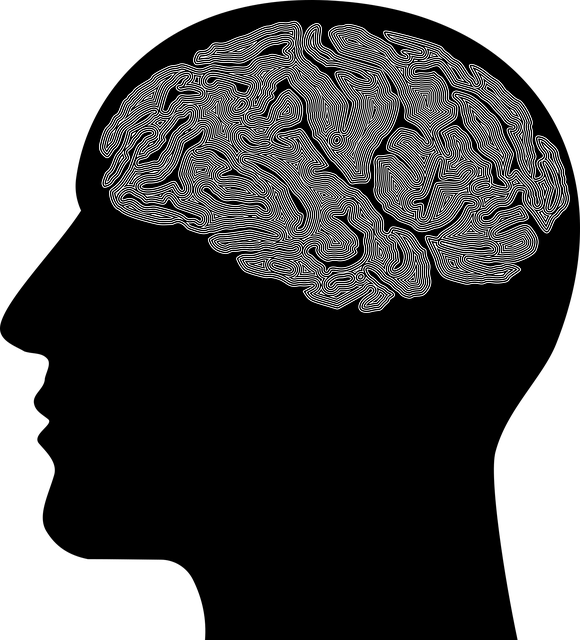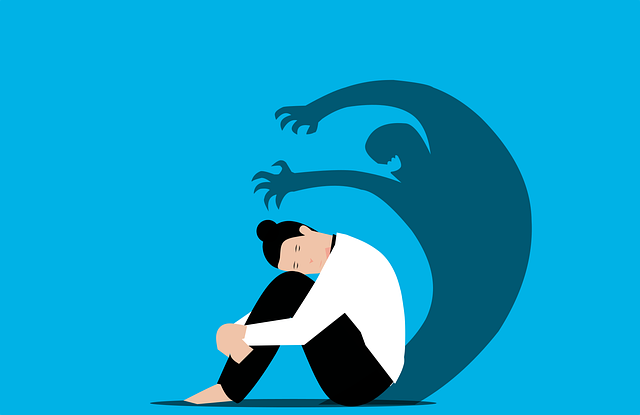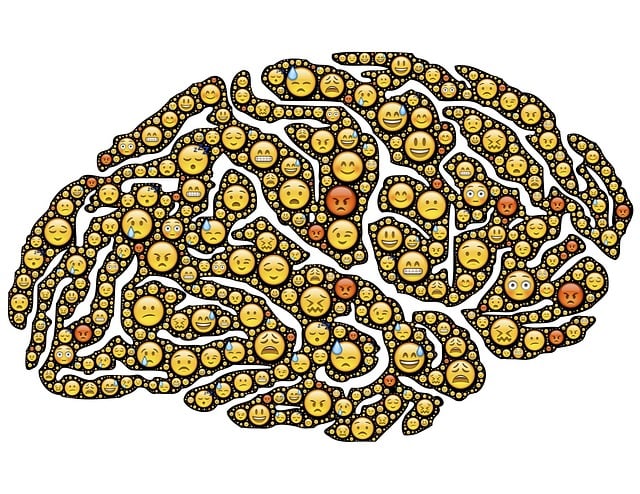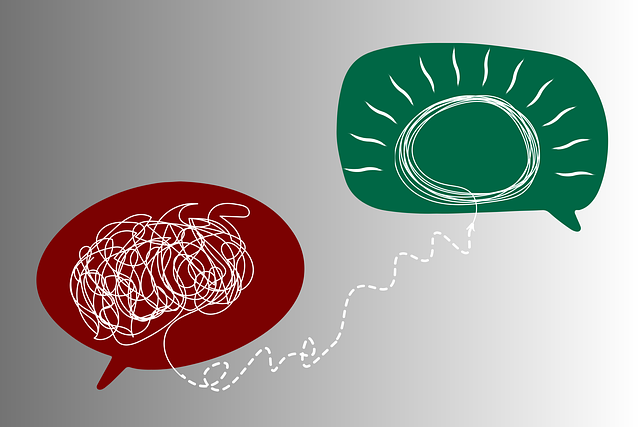Mental wellness programs, including therapy and community campaigns, significantly enhance emotional, psychological, and social well-being. Evaluating their impact is crucial for improvement, with innovative tools like Superior Domestic Violence Therapy podcasts offering real-life application insights beyond standard metrics. Client feedback from participants provides nuanced understanding and guides enhancements, fostering a supportive environment for healing and recovery. Advanced evaluative techniques offer a holistic approach, integrating data-driven insights to tailor interventions and improve risk management. Longitudinal studies measure lasting resilience, with continuous feedback driving iterative improvements in these programs, aiming for widespread adoption of superior domestic violence therapy.
Mental wellness programs play a pivotal role in fostering resilience and healing, especially in high-risk populations like those affected by domestic violence. Evaluating these programs is crucial for understanding their impact and guiding improvements. This article explores various evaluation methods, from traditional tools to advanced techniques, focusing on how to assess the effectiveness of mental wellness interventions, particularly Superior Domestic Violence Therapy. By examining client feedback and long-term outcomes, we can ensure these programs provide lasting positive change.
- Understanding Mental Wellness Programs and Their Impact
- Evaluating Effectiveness: Traditional Methods and Tools
- The Role of Client Feedback in Program Assessment
- Advanced Evaluation Techniques for Comprehensive Analysis
- Measuring Success: Long-term Effects and Continuous Improvement Strategies
Understanding Mental Wellness Programs and Their Impact

Mental wellness programs are designed to promote and support individuals’ emotional, psychological, and social well-being. These initiatives can range from individual therapy sessions to community-wide public awareness campaigns. Understanding the impact of such programs is paramount in gauging their effectiveness and making informed improvements. Superior domestic violence therapy, for instance, not only addresses immediate safety needs but also fosters resilience and empowers individuals to break cycles of abuse.
Risk management planning for mental health professionals plays a crucial role in ensuring these programs’ sustainability and quality. By prioritizing burnout prevention strategies, healthcare providers can maintain optimal performance and deliver more consistent care. Moreover, public awareness campaigns development is an effective method to educate communities about mental wellness, reducing stigma and encouraging individuals to seek help when needed. This holistic approach ensures that mental wellness programs are not just reactive but proactive in creating a healthier, more supportive society.
Evaluating Effectiveness: Traditional Methods and Tools

Evaluating a mental wellness program’s effectiveness is a multifaceted process that goes beyond simple self-reporting. Traditional methods often rely on structured questionnaires and interviews, offering quantitative data on symptoms and client satisfaction. These tools, while valuable, may not capture the nuanced improvements in participants’ lives. For instance, assessing domestic violence therapy programs requires exploring clients’ newfound communication strategies and conflict resolution techniques post-treatment.
The Mental Wellness Podcast Series Production can serve as an innovative assessment tool, providing insights into clients’ real-life applications of learned skills. By documenting success stories, therapists can demonstrate the tangible benefits of superior domestic violence therapy, moving beyond traditional metrics to showcase improved mental wellness in action.
The Role of Client Feedback in Program Assessment

Client feedback is an invaluable tool in evaluating the effectiveness of mental wellness programs, especially when addressing complex issues like domestic violence. The insights provided by participants can offer a nuanced understanding of program impact and inform necessary improvements. By actively seeking feedback from individuals who have undergone therapy or stress reduction methods, mental health professionals gain direct access to their experiences, perceptions, and suggestions for enhancement.
In the context of Superior Domestic Violence Therapy, client feedback becomes crucial in tailoring interventions to meet the unique needs of survivors. This feedback not only helps in gauging the program’s success but also contributes to the continuous improvement of services. Incorporating participant voices into the assessment process ensures that mental wellness initiatives remain responsive and effective, fostering a supportive environment for those seeking healing and recovery.
Advanced Evaluation Techniques for Comprehensive Analysis

In the realm of mental wellness program evaluation, advanced techniques offer a comprehensive analysis that goes beyond traditional methods. These innovative approaches are particularly crucial for addressing complex issues such as domestic violence, where specialized therapy like Superior Domestic Violence Therapy plays a pivotal role in healing and recovery. By integrating these advanced strategies, mental health professionals can effectively assess the impact and effectiveness of their programs, ensuring tailored interventions for diverse client needs.
Risk Management Planning for Mental Health Professionals is enhanced through these evaluative techniques, enabling practitioners to proactively identify potential risks and implement safety measures. Moreover, they facilitate Emotional Well-being Promotion Techniques by providing data-driven insights into what works best for different populations, thereby improving overall mental health services. Additionally, these methods contribute to Anxiety Relief strategies by offering a deeper understanding of client progress, allowing for timely adjustments in treatment plans.
Measuring Success: Long-term Effects and Continuous Improvement Strategies

Measuring the success of mental wellness programs, particularly those focused on domestic violence therapy, involves examining long-term effects and adopting strategies for continuous improvement. It’s not just about immediate outcomes; it’s about ensuring that participants maintain their progress and develop lasting resilience. This can be achieved by following up with individuals over an extended period to assess their well-being, relationships, and ability to manage stress or triggers. Longitudinal studies help uncover the true impact of these programs, identifying what works best for different individuals and communities.
To enhance effectiveness, mental wellness initiatives should integrate trauma support services and resilience-building activities grounded in mind over matter principles. By continuously gathering feedback and adapting based on these insights, programs can evolve to better meet the diverse needs of those they serve. This iterative process encourages a culture of continuous improvement, ensuring that superior domestic violence therapy becomes the norm rather than the exception.
Mental wellness programs play a pivotal role in fostering resilience and enhancing quality of life. Evaluating their effectiveness is crucial for continuous improvement, ensuring programs like Superior Domestic Violence Therapy remain impactful and tailored to client needs. By combining traditional methods with advanced techniques, including client feedback and long-term impact analysis, we can optimize mental health support. This comprehensive approach not only improves short-term outcomes but also fosters lasting positive changes in individuals’ lives.














